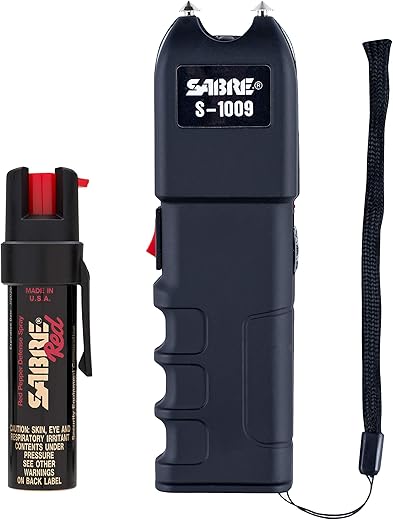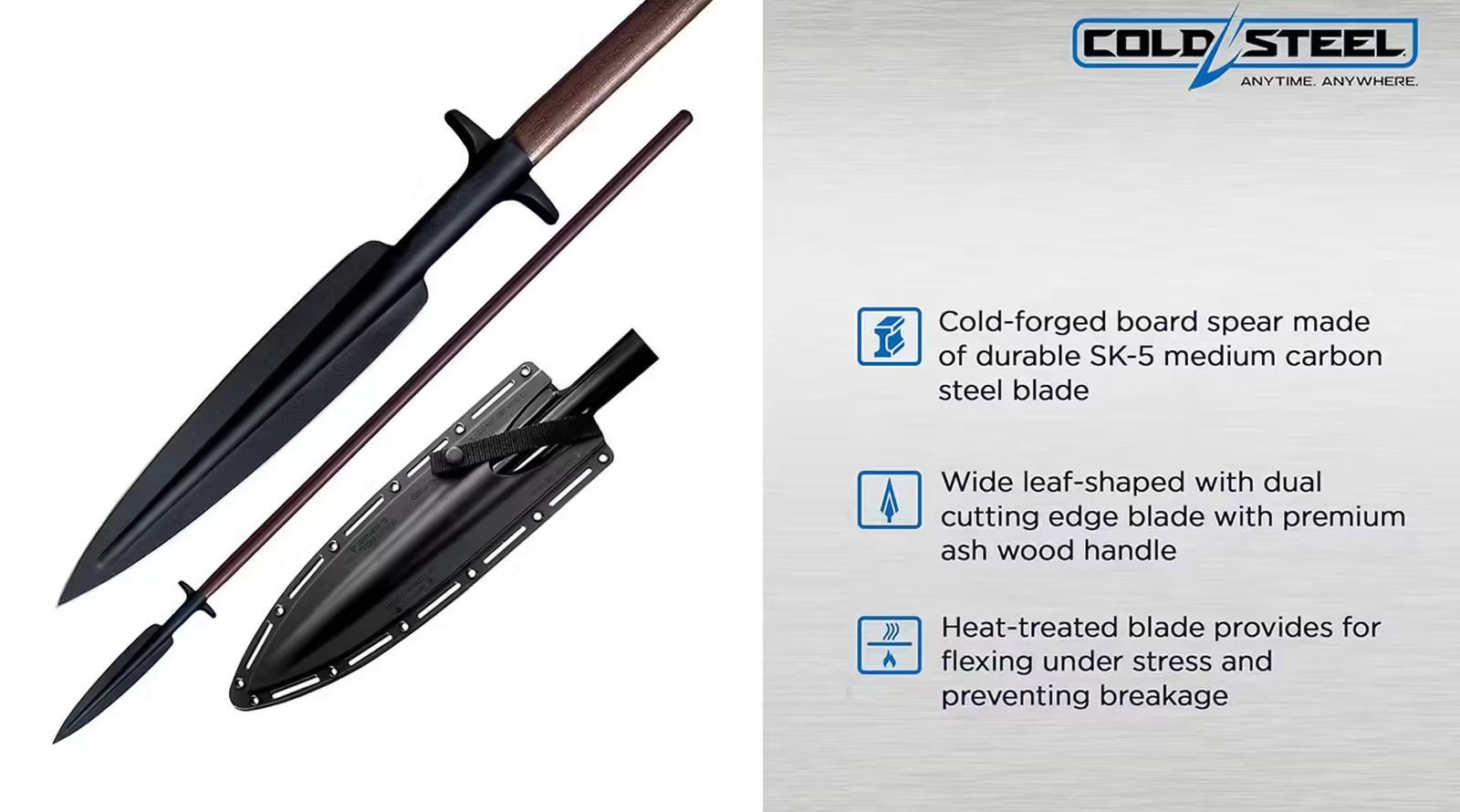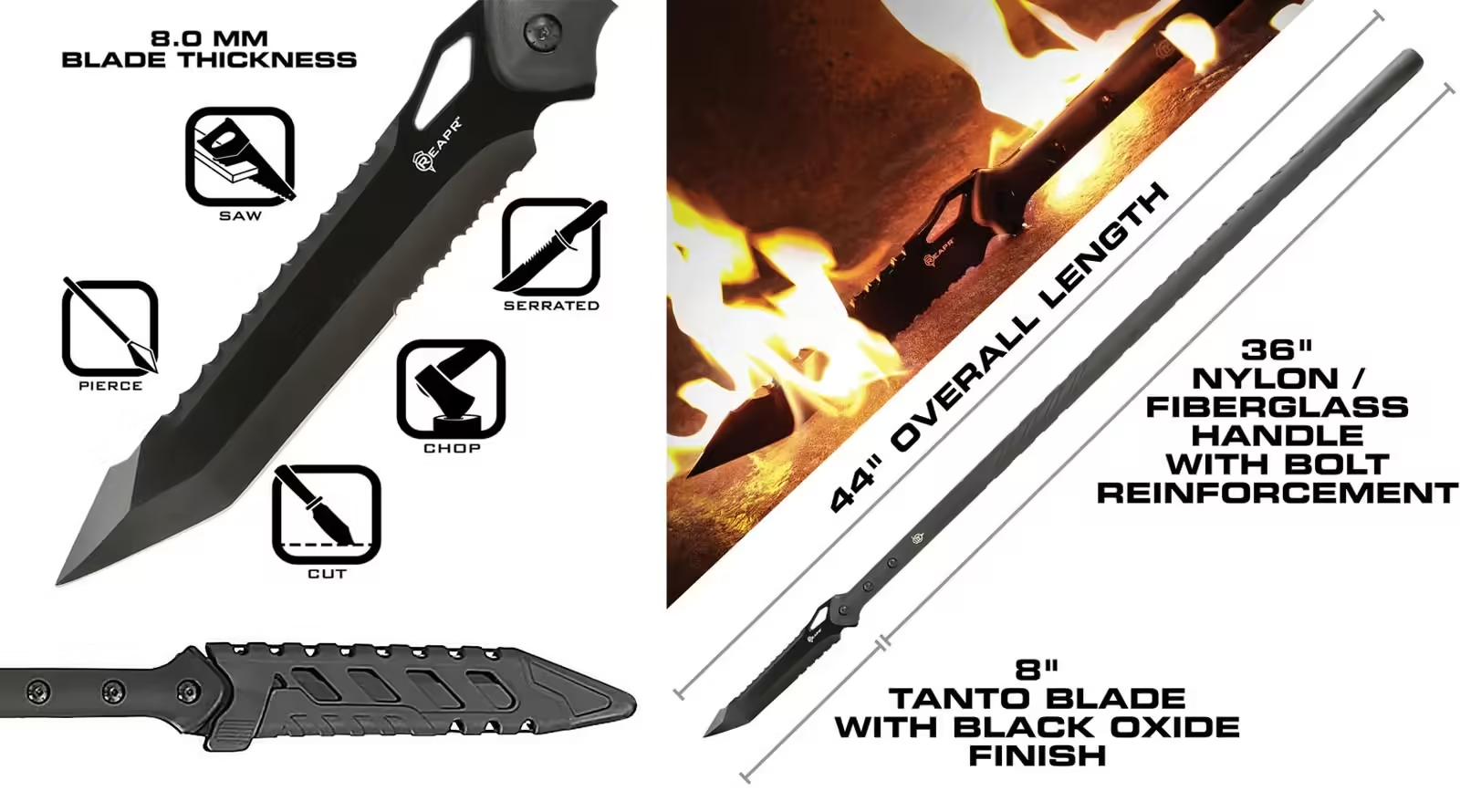Throughout history, self defense has been a fundamental human instinct. From ancient civilizations to present-day societies, people have sought ways to protect themselves from harm. Empower Yourself: Weapons of Self Defense have evolved alongside these advancements, adapting to changing threats and technologies. Today, it encompasses a wide range of techniques and tools designed to equip individuals with the skills they need to stay safe.
Empowering yourself with weapons of self defense offers individuals a solution that goes beyond physical combat. While it undoubtedly includes techniques for defending oneself physically, it also emphasizes awareness, empowerment, and avoidance strategies. By teaching individuals how to assess potential threats, identify dangerous situations, and develop situational awareness, it encourages prevention as the first line of defense.
More than just physical weaponry, this approach to self defense promotes a holistic understanding of personal safety. It emphasizes the importance of mental and emotional preparedness, teaching individuals how to manage fear, maintain composure, and make assertive decisions under pressure. By incorporating these elements into their daily lives, individuals are better equipped to handle challenging situations.
Empower Yourself with Self Defense Weapons
Self defense is a crucial skill that everyone should possess. In an unpredictable world, it is important to be equipped with the knowledge and tools to protect oneself.
1. Pepper Spray
Pepper spray is a popular and effective self defense weapon. It contains a powerful chemical compound called capsaicin, which causes temporary blindness, difficulty breathing, and intense burning sensation when it comes into contact with the eyes and skin. Pepper spray is compact, easy to carry, and can be quickly deployed in case of an attack.
2. Stun Guns
Stun guns deliver a high-voltage electric shock to incapacitate an attacker. They are designed to temporarily disrupt the muscle functions, causing disorientation and loss of balance. Stun guns are available in various sizes and styles, including handheld devices and batons. It is important to check the legality of carrying stun guns in your jurisdiction before purchasing one.
3. Personal Alarms
Personal alarms are small, portable devices that emit a loud sound when activated. They are effective in drawing attention and deterring potential attackers. Personal alarms are often disguised as keychains or small accessories, making them easy to carry and conceal. They are ideal for individuals who prefer non-lethal self defense options.
4. Tasers
Tasers are electronic control devices that use electrical currents to disrupt an attacker’s muscle control. They can be discharged from a distance, allowing you to keep a safe distance from your assailant. Tasers are widely used by law enforcement agencies and are known for their effectiveness in subduing attackers.
5. Self Defense Keychains
Self defense keychains are compact tools that can be easily attached to your keys. They often feature sharp edges, pointed tips, or a rigid body for striking an attacker. These keychains provide a discreet and accessible self defense option for individuals who want to have a weapon on hand at all times.
Self defense is not just about physical tools; it is also about mindset and skill. Taking self defense classes or practicing martial arts can empower you with the knowledge and skills necessary to protect yourself in a dangerous situation. Remember, being aware of your surroundings and avoiding risky situations are essential components of self defense.
It is also important to have a proactive approach to personal safety. Keep your self defense weapons easily accessible, practice using them, and be prepared to defend yourself if necessary. Remember, self-empowerment through self defense is about taking control of your own safety and security.
Frequently Asked Questions
1. What are some non-lethal self defense weapons I can carry?
Some non-lethal self defense weapons you can carry include pepper spray, personal alarms, stun guns, tactical pens, and keychain weapons.
2. How effective is pepper spray?
Pepper spray is highly effective in disabling attackers temporarily. It causes severe eye and respiratory irritation, giving you time to escape and seek help.
3. Are stun guns legal to carry?
Stun gun laws vary by jurisdiction, so it’s important to check your local laws. In some places, stun guns are legal for personal self defense, while in others, they may be restricted or require a permit.
4. Can I bring self defense weapons on a plane?
No, you cannot bring self defense weapons like pepper spray, stun guns, or knives on a plane. These items are prohibited by the Transportation Security Administration (TSA).
5. How do personal alarms work?
Personal alarms emit a loud, attention-grabbing sound when activated. They can deter attackers and alert others nearby to your situation, potentially scaring off your assailant.
6. Are there any self defense weapons specifically designed for women?
Yes, there are self defense weapons specifically designed for women, such as alarm keychains, disguised pepper sprays, and self defense jewelry. These products often prioritize discreet and easily accessible options.
7. Are there any legal restrictions on owning self defense weapons?
Legal restrictions on self defense weapons vary by country and even within different states or regions. It is important to familiarize yourself with the laws in your specific location before purchasing or carrying any self defense weapon.
8. Should I receive training before using self defense weapons?
Yes, it is highly recommended to receive proper training and instruction on how to use self defense weapons effectively. Training can teach you about situational awareness, proper deployment, and the legal implications of using these weapons.
9. Are there any alternatives to physical self defense weapons?
Yes, there are alternative self defense methods such as martial arts training, self defense classes, and personal safety apps. These options can help you develop skills to protect yourself without relying solely on physical weapons.
10. Can self defense weapons backfire?
While self defense weapons can be effective, they are not foolproof, and there is always a chance they can backfire. It’s important to use them responsibly, follow legal guidelines, and be aware of the potential risks and limitations.
Conclusion:
Self defense weapons can serve as powerful tools for self-empowerment. Through proper training and understanding of these weapons, individuals can enhance their personal safety, gain confidence, and take control of their own well-being. By cultivating self-confidence and assertiveness, individuals can project an aura of strength and deter potential attackers. By arming oneself with both physical and mental preparedness, individuals can navigate the world with a stronger sense of security, ultimately empowering themselves in the face of potential threats.











